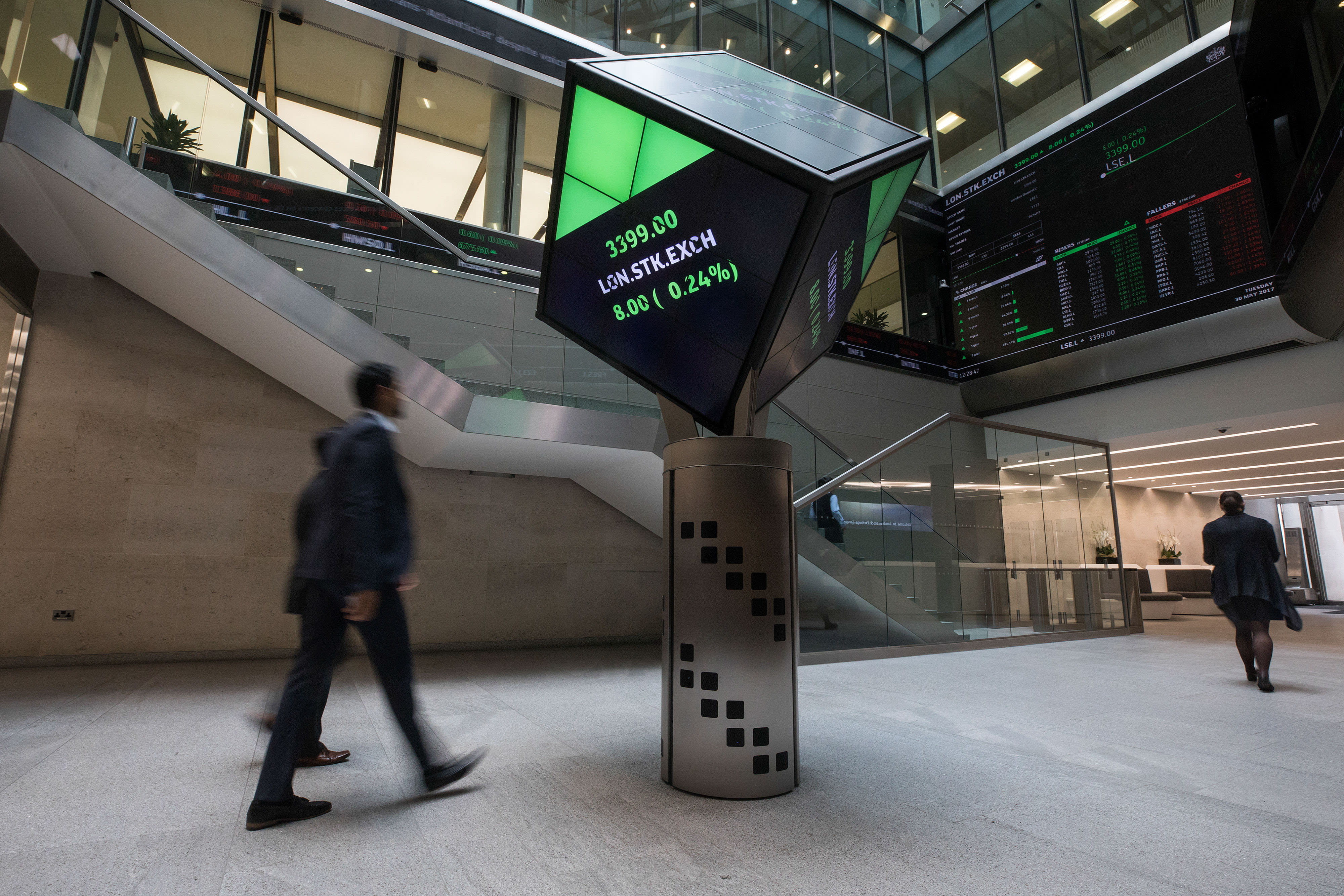
According to The Economist, if the price of groceries had risen at the same rate as properties since 1971, a chicken would today cost £51.
This surprising statistic speaks to the extraordinary long-term growth of property over the past half-century, which has seen the price of homes in the UK double since 1996, even after adjusting for inflation.
There are two implications of this trend.
First, it means that a huge amount of wealth is linked to the property of baby boomers who were able to buy homes early in life, when houses were more affordable relative to income.
Second, it also means that members of the younger generation are finding it incredibly difficult to buy a property.
Indeed, a 27-year-old today is half as likely to be a homeowner as one living 15 years ago.
However, research from EY indicates that those born between 1981 and 1996 are set to receive more than $30 trillion from their parents over the next 20 years in the US alone.
With the value of the global economy (gross world product) estimated to be around $80 trillion in nominal terms, this amounts to a colossal transfer of wealth on a scale rarely seen before.
And it is already underway: Deloitte estimates that by 2020, millennials’ total net worth worldwide will be more than double what it was in 2015.
Furthermore, Butterfield Mortgages Limited (BML) recently commissioned an independent survey of more than 1,100 UK-based investors.
Of those surveyed, the research revealed that over half of millennials (51 per cent) will be consulting a financial adviser ahead of making any significant investment decisions in 2020.
This compares to the national average of 35 per cent.
The result of these two trends means financial advisers are likely set for a large increase of custom from the millennial high net worth (HNW) investor.
So, are we set for a lot of change?
Not entirely.
Millennials want traditional assets
There are sundry predictions regarding how these millennial investors will behave, but data suggests jumping to conclusions could be short-sighted.
Indeed, 75 per cent of millennials still want to invest their money in traditional assets.
This is supported by the findings from BML’s aforementioned research which revealed that 60 per cent of millennials do not think that cryptocurrencies are a safe or reliable investment.
Perhaps surprisingly, millennials also share some behavioural similarities with their parents and grandparents.
One might naturally assume they would have a strong preference for digital communication - whether that is email, messaging or video calls.
Again, there is evidence to the contrary, with 82 per cent of millennials preferring a face-to-face meeting prior to making major financial decisions.
And naturally their basic investment strategy will be closely aligned with what has come before - namely, the long-term growth in the value of their assets.
This means there is no need for a wholesale change in the way financial advisers operate.
However, there is still likely to be divergence from the past that requires preparation.





